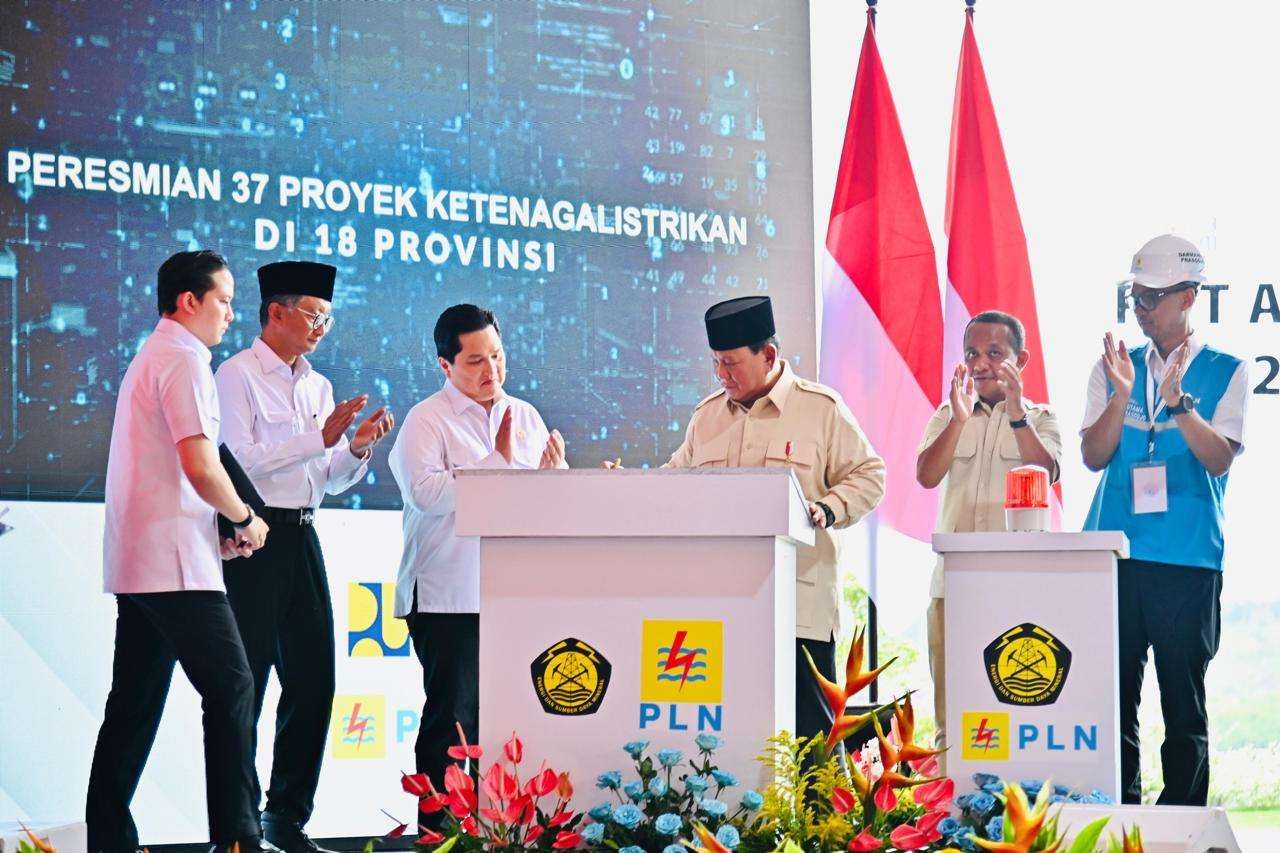President Prabowo Subianto has expressed confidence in Indonesia’s ability to achieve energy independence within the next five years, predicting that the country will no longer need to import fuel by 2029. His assertion comes at a time when the government has launched several major initiatives to increase the nation’s energy production from domestic sources, with a focus on renewable energy.
Strategic Initiatives for Energy Independence
To achieve energy self-sufficiency, Indonesia is undertaking a series of strategic projects aimed at reducing the nation's dependence on fossil fuels, particularly imported oil. Among the most significant of these projects are the development of renewable energy sources, as well as the expansion of energy infrastructure across the archipelago.
- Expansion of Renewable Energy Projects: One of the key projects contributing to Indonesia’s energy self-sufficiency is the inauguration of 37 strategic national electricity projects, including 26 power plants and 11 transmission and substations. These projects are spread across 18 provinces and are designed to significantly increase the country's renewable energy capacity. Notably, the Jatigede Hydroelectric Power Plant, located in West Java, is a centerpiece of this initiative. The hydropower plant, with a capacity of 110 MW, will help provide clean energy to the national grid, while also supporting the government's target of achieving 23% renewable energy in the energy mix by 2025.
- Private Sector Involvement: The government also plans to increase private sector involvement in energy production, particularly in renewable energy projects. It is estimated that around 60% of the newly developed power plants will be managed by private companies. This partnership with the private sector is expected to accelerate the transformation of Indonesia's energy landscape, allowing for a faster transition to cleaner energy sources while stimulating economic growth.
- Infrastructure Development: In addition to power plants, Indonesia is investing heavily in energy infrastructure. Plans include the construction of over 48,000 circuit kilometers of transmission lines to ensure that renewable energy can be efficiently distributed across the country. This network will play a vital role in ensuring a stable and reliable supply of electricity, which is essential for economic development and industrialization.
Challenges to Achieving Energy Independence
Despite these ambitious plans, experts highlight several challenges that Indonesia must overcome in order to achieve true energy self-sufficiency. A key issue is the country’s current reliance on coal for electricity generation, which accounts for a significant portion of its energy consumption. Transitioning to renewable energy sources such as solar, wind, and hydropower will require substantial investment in technology and infrastructure.
Another challenge is the need for skilled labor and expertise in renewable energy technologies. While Indonesia has a growing pool of engineers and technicians, the scale of the transition will require additional training and investment in human resources to ensure that the necessary skills are in place to operate and maintain advanced renewable energy systems.
Furthermore, policy reforms are essential to ensure that Indonesia’s energy transition remains on track. The government must continue to provide incentives for renewable energy development, while also addressing the environmental and economic impacts of phasing out fossil fuels.
Conclusion
Prabowo Subianto’s bold vision for energy self-sufficiency by 2029 reflects a broader commitment to sustainable development and national self-reliance. While significant challenges remain, the country’s investment in renewable energy and infrastructure development, along with its partnership with the private sector, will play a crucial role in reducing Indonesia’s dependence on imported fuel. If these initiatives are successful, Indonesia could not only achieve energy independence but also become a leader in renewable energy production in Southeast Asia.
Read More






 Thursday, 12-02-26
Thursday, 12-02-26







